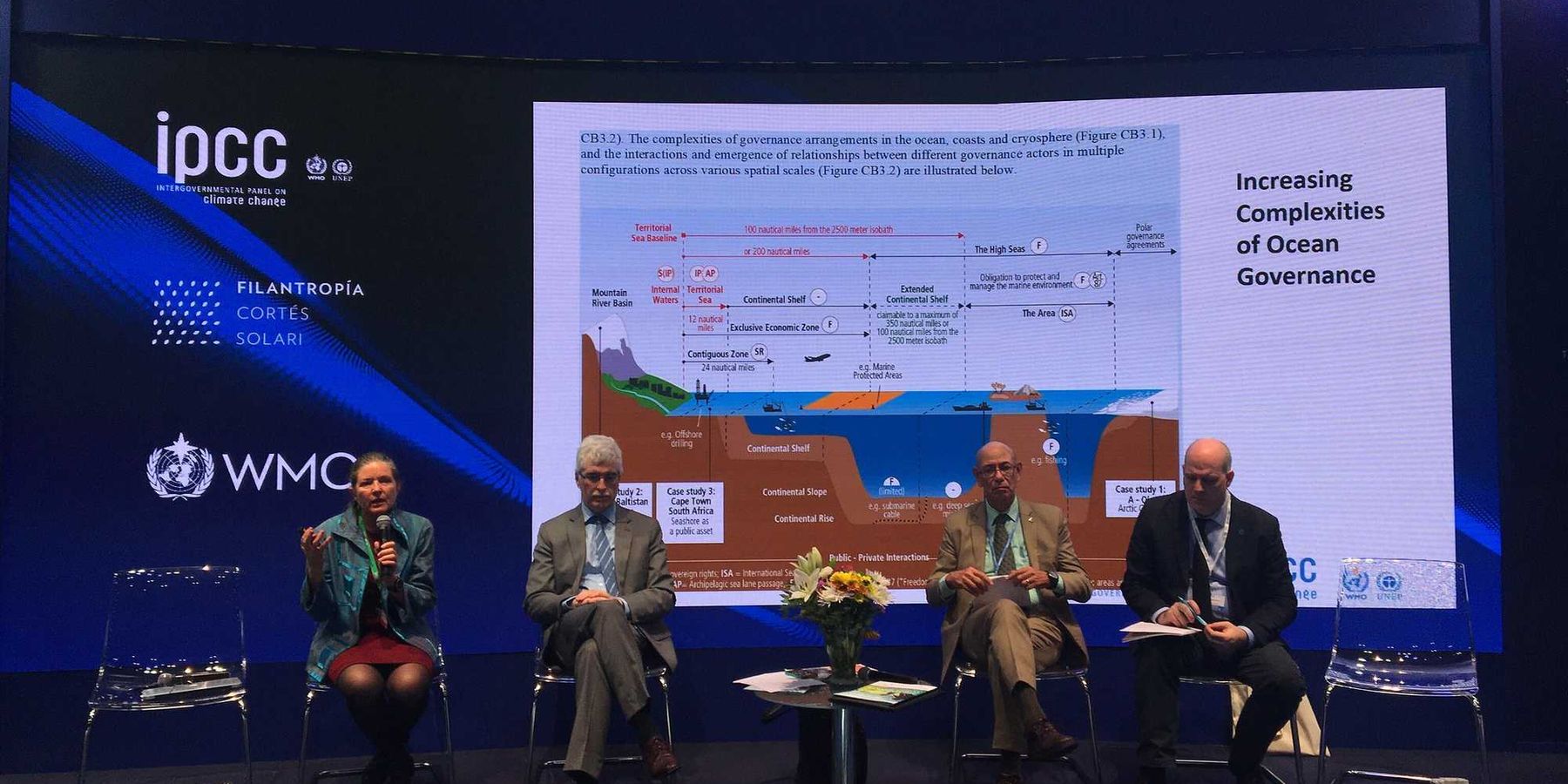Trump’s new energy law slashes popular clean energy tax credits
Many clean energy incentives created under the Inflation Reduction Act will end years earlier than expected, after President Trump signed new legislation rolling back key climate provisions.
Ysabelle Kempe reports for Canary Media.
In short:
- President Trump’s newly signed energy law rolls back numerous clean energy tax credits, including those for electric vehicles, heat pumps, and rooftop solar, cutting short incentives that were originally set to last through the 2030s.
- The legislation follows months of partisan conflict in Congress and represents a significant departure from the Biden-era Inflation Reduction Act, which had aimed to accelerate decarbonization and lower energy costs.
- Developers and consumers are now scrambling to understand deadlines and eligibility changes, with some incentives ending immediately and others phasing out over the next 18 to 24 months.
Why this matters:
The rollback of clean energy tax credits marks a turning point for U.S. climate and energy policy. These incentives, expanded just three years ago, helped spur a wave of investment in electric vehicles, home electrification, and renewable power. Their removal may slow the pace of emissions cuts and widen the cost gap between clean and fossil-based technologies. It also injects uncertainty into markets that rely on long-term planning, potentially discouraging innovation and complicating efforts to meet international climate goals. While the U.S. reverses course, other countries are doubling down on clean energy.
Read more: Megabill triggers uncertainty for solar and wind power developers













